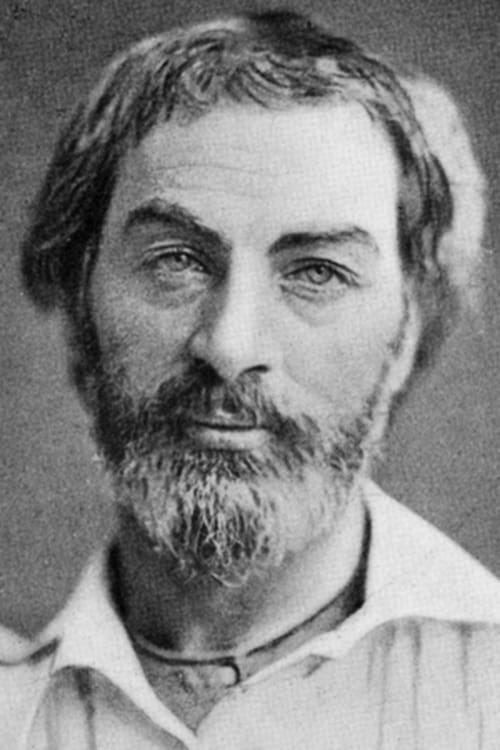Walt Whitman
Nascimento : 1819-05-31, West Hills, Town of Huntington, Long Island, New York, USA
Morte : 1892-03-26
História
Walter Whitman was an American poet, essayist, and journalist. A world poet-a latter-day successor to Homer, Virgil, Dante, and Shakespeare. He was a part of the transition between transcendentalism and realism, incorporating both views in his works. Whitman is among the most influential poets in the American canon, often called the father of free verse.
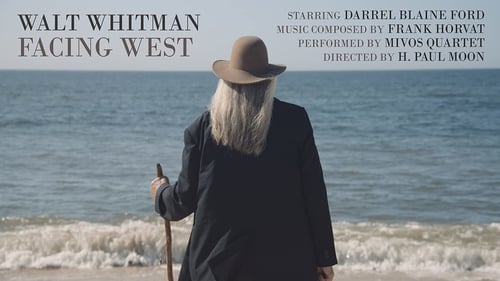
Writer
A cinematic setting of poems by Walt Whitman that span his whole life's work, commemorating his bicentennial year. Features the poet's Long Island native "personator" Darrel Blaine Ford, manifesting and reciting "Song of Myself," "There Was a Child Went Forth," "Give Me the Splendid Silent Sun" and "Facing West From California's Shores." Filmed at the poet's birthplace, the Long Island shore, Manhattan, and where West meets East.

Thanks
As the title suggests, this is a speculative biography of the artistic side of Walt Whitman. Starting out as an ordinary nine year old girl, young Walt is soon catapulted into the world with all her senses ablaze. Combining drama, dance, puppetry, and potato cannons, the film is a sometimes funny, sometimes sad rumination on growing up as a 'sensitive kid.'

Poem
Bill e Brady Kincaid (Edward Norton) são gêmeos idênticos, mas levam vidas bem diferentes. Um deles é professor de filosofia, enquanto que o outro é traficante de drogas. Quando o professor é confundido com seu irmão, ele passa a ser perseguido por vários clãs do narcotráfico, que desejam vê-lo morto.

Self (archive footage)
This American Experience tells Whitman's life story, from his working-class childhood in Long Island, to his years as a newspaper reporter in Brooklyn when he struggled to support his impoverished family, then to his reckless pursuit of the attention and affection he craved for his work, to his death in 1892.

Poem
Após a recente morte da mãe, o jovem Howie, de 15 anos, envereda por caminhos perigosos. Negligenciado pelo pai, ele começa a faltar à escola e a assaltar casas das redondezas com os seus amigos delinqüentes. Um dia Howie e o seu melhor amigo Gary assaltam a casa de um veterano ex-fuzileiro chamado Big John. Quando Big John aborda Howie, por causa do roubo, Howie descobre o sedutor segredo que une o seu amigo a este.

Poem
When the superintendent of the Canadian insane asylum, Dr. Maurice Bucke, meets poet Walt Whitman, his life and that of his wife and patients is radically changed. Like Dr. Bucke, Whitman has avant-garde ideas on the subject of mental illness. "Dreamers" is based on true events. Dr. Bucke became an important biographer of Walt Whitman.

Poem
O fraco time de beisebol Bull Durham contrata o iniciante Nuke LaLoosh. Crash Davis, um experiente jogador, é chamado para treiná-lo com o intuito de melhorar suas habilidades. Mas, quando os dois se envolvem em um triângulo amoroso com a torcedora Annie, o desempenho da equipe fica ameaçado.
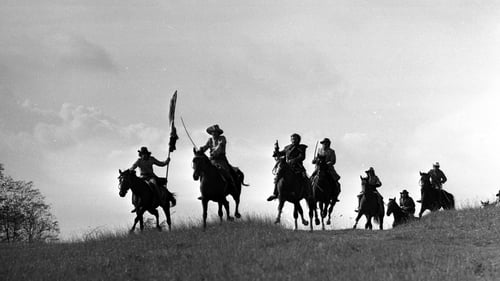
Poem
The film depicts the lives of veterans of the 1848 Hungarian Revolution in the American Civil War, based in part on an Ambrose Bierce story. The whole film was re-edited using his own method called "light editing" in order to make it resemble a damaged silent film from the late 1800s.
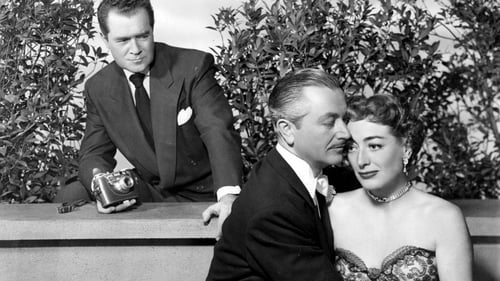
Poem
Agatha has fond memories of her romance with college president Dr. James Merrill, when she was a student and he was her professor, and wants to see if there is still a spark between them.
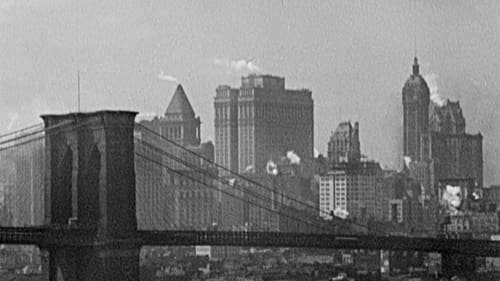
Poem
Baseado no poema Mannahatta, de Walt Whitman, o curta-metragem Manhatta (1921), de Charles Sheeler e Paul Strand, obra que muitas vezes é apontada como a estreia do movimento avant-garde nos Estados Unidos, é uma exposição da dinâmica e da força industrial do país, especificamente da cidade de Nova York.
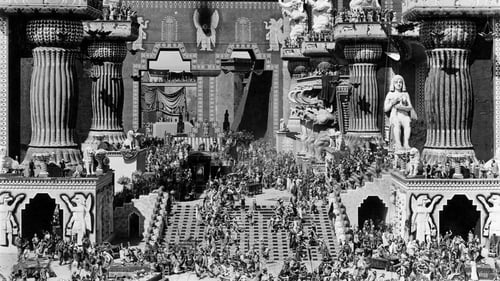
Poem
A intolerância vista e analisada em quatro diferentes estágios da História: na Babilônia, onde uma garota vê-se entre o ódio religioso, levando uma cidade à ruína; na Judeia, onde os hipócritas condenam Jesus Cristo; na Paris de 1572, no Massacre da Noite de São Bartolomeu; e, finalmente, na América, onde reformadores acabam com a vida de um jovem casal.
